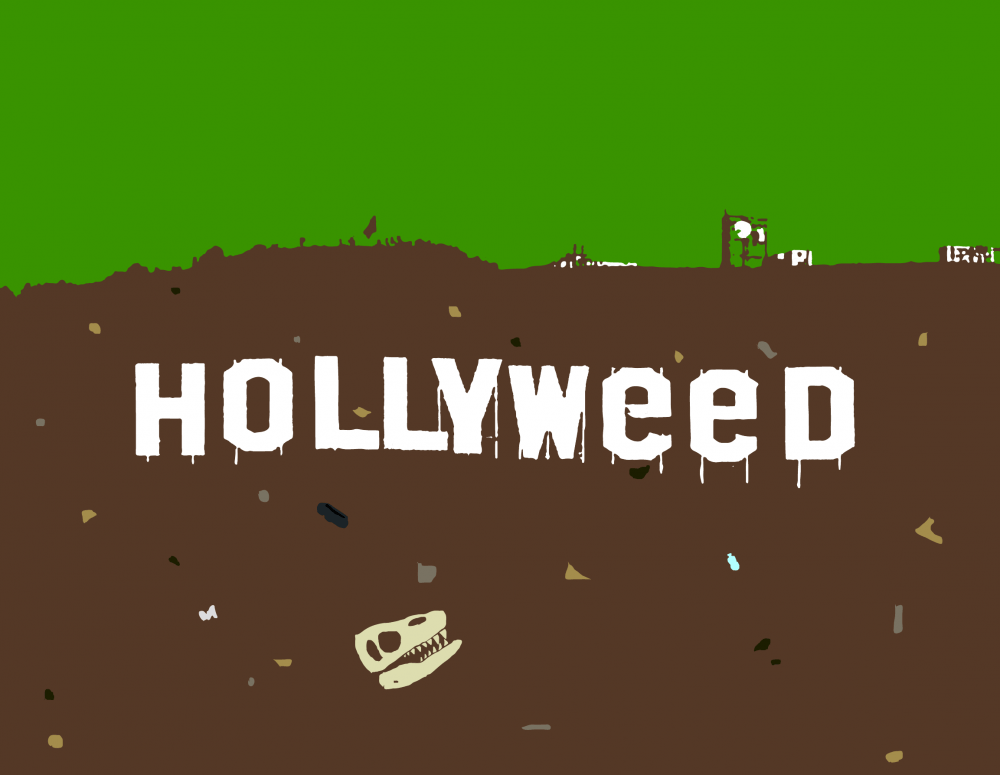By AJ Newberry, THE MIAMI STUDENT
Last year, I really thought "Room" was gonna snag Best Picture. Its gentle camera techniques captured the broken-down body language of two individuals trapped in captivity, layering overwhelming moments of grief atop a hopeful outlook. I left the theater drained, but also with a desire to break free from the rooms in my life. The film reminded me of the awe one can feel when looking outward instead of forward, and discovering the world outside the boxes we put ourselves in.
The Academy loves films that remind us of our perception, but understandably they also like ones that celebrate communication and truth. However poetic the medium may be, its most popular films rely on artifice while its independent counterparts make do with finding imagery in the natural world.
2016's best films were all attuned to our relationship with the natural world. "Moonlight," "Swiss Army Man," "Manchester By The Sea," "Captain Fantastic," "Chevalier," "Knight of Cups," "Loving," and the list goes on; all independent films that manifest human conflict in settings that call us to address our fates not with material devices, but with inherent survival tactics.
In Luca Guadagnino's "A Bigger Splash," Tilda Swinton plays Marianne Lane, a David Bowie-esque figure vacationing with a young partner on a remote Island in Italy. From the opening scenes, the film plays like a soft-core porno in the actors' eyes, silent save for the sounds of the sea. When Lane's former lover and manager, Harry (played by a shirtless Ralph Fiennes) crashes the vacation with his daughter, a love polygon ensues. From garden-fresh dinners on tucked away restaurants to swimming contests between grown men, the film illustrates a relentless lust to be one with nature; one that must be touched and tasted far from the screen. Guadagnino's film was named after the 1967 David Hockney painting of the same name, but between the two was a 1975 film that also shares the title. That film follows the real-life Hockney in New York, retelling his relationship with his favorite model. The painting, however, had come only three years after Hockney's move from London to Los Angeles and signaled a shift in style to a more graphic realism (like that of Hopper). But the images also had a deeper focus on the exotic beauty of nature. Today, he mostly paints trees.
From another foreign director, the Greek Yorgos Lanthimos, came "The Lobster," a dystopian love story based on the premise that if you don't find a partner in life, you will be turned into an animal. Americans may see resemblances of both Wes and P.T. Anderson, but the film is delighted by a darkness Hollywood wouldn't dare touch. Colin Farrell plays David, a man staying in the resort that offers him a last chance at love. He and the occupants are supplied uniforms and must adhere to a schedule, exhibiting a clinical counterpoint to the free sensuality of "Splash." Even masturbation is prohibited. In this story, a sharp division is made between the facility, the wilderness and the city. The wilderness is home to single people--called "loners"--who hunt for their food and dig their own graves. When they need special amenities like shampoo and handsaws, they must put on suits and travel to the city. Most of the film explores this conflict between the industrialized society and untamed nature. Primary filming took place in Dublin, Ireland as well as the Dromore Wood of Clare County, a diverse 1000-acre nature reserve with many different habitats. The rich flora and fauna stretch over the film with a cyan filter, prompting us to consider content of our modern environment and the masochistic rituals we inflict upon it.
These critiques are subtle. While the power of film is the maximization of the landscape of moving pictures, more recently movies have been driven by writing and spectacular violent effects. "Hell or High Water" is an independent thriller that pins two rural bank robbers against commercial banks that are sucking the town dry. Its focus on blue-collar Americans is not as politically overt as, say, a climate change documentary, but even Leonardo Dicaprio's production, "Before the Flood," failed to attract viewers, coming in at #61 on its cable premiere.
When checking into the facility, David declares that if he is to be turned into an animal, he would like to be a lobster, "because lobsters live for over one hundred years, are blue-blooded like aristocrats, and stay fertile all their lives," adding, "I also like the sea very much." The hotel manager is impressed by his rationale. "A lobster is an excellent choice."




